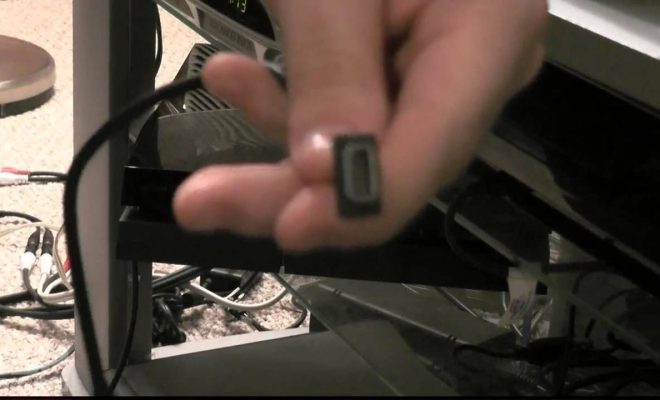What Is the Difference Between Bronze and Gold-Rated PSUs?

Power supply units (PSUs) are some of the most important components in modern computer systems. These devices convert the AC power from an electrical outlet into the DC power that computer components need to function. PSUs come in different wattages, modular and non-modular designs, and efficiencies. One of the most significant differences between PSUs is their rating, which denotes their energy efficiency. The two most common ratings are bronze and gold. In this article, we’ll explore the difference between bronze and gold-rated PSUs.
Efficiency Rating
PSU efficiency rating refers to how well the device converts AC power into DC power. The higher the rating, the more efficient the PSU is. Generally, a PSU’s efficiency is expressed as a percentage. That is, the ratio of output power to input power. PSU ratings are classified into several categories: 80 Plus, 80 Plus Bronze, 80 Plus Silver, 80 Plus Gold, 80 Plus Platinum, 80 Plus Titanium.
Bronze PSU Rating
80 Plus bronze rating signifies that a PSU has an efficiency of at least 82 percent at 20 percent load, 85 percent at 50 percent load, and 82 percent at 100 percent load. Bronze-rated power supplies are affordable and pretty standard. They are good enough for most computer builds and configured as a reasonable balance between initial investment and energy savings.
Benefits of Bronze PSU:
– Affordable
– moderate efficiency
– stable performance
– environmentally friendly power consumption
Gold PSU Rating
For power users, gamers, and system builders with more demanding configuration requirements, a gold-rated PSU is a better choice. 80 Plus gold rating signifies that a PSU has an efficiency of at least 87 percent at 20 percent load, 90 percent at 50 percent load, and 87 percent at 100 percent load. Gold-rated power supplies are more expensive than bronze-rated PSU, but they deliver better efficiency and energy savings.
Benefits of Gold PSU:
– highest efficiency rating
– lower energy consumption translates into more significant cost savings
– prolongs a computer’s lifespan due to stable power supply
– reduces heat generation
– operates quieter





